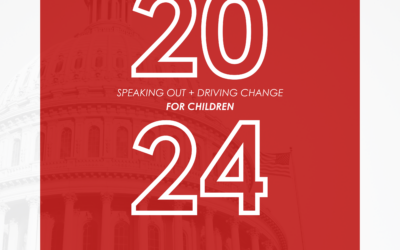The following is the first in our Children’s Health Vlog Series. This entry highlights the out-of-school health factors that influence student academic performance and their impact. It also covers best practices for crafting quality environments for children to learn and grow.
By Micheal Ou
Academic performance is often associated with school quality, but schools only explain one-third of student achievement in reality. The remaining two-thirds are attributable to non-school factors. This distinction should be kept in mind when addressing academic achievement, especially when creating education policy.
Any factors that cause stress or jeopardize physical or mental health can negatively impact academic performance. Some examples of negative out-of-school factors include family substance abuse, violence, and child malnutrition. Conversely, some positive non-school aspects include having good role models, participation in youth organizations, additional reading time, and cultural experiences. Generally, factors that improve a child’s maturity, emotional, and personal state will increase their academic achievement. An ideal environment for a child would have many positive non-school factors and few negative non-school factors. Given the pandemic where children are staying at home more, non-school factors such as home life may be playing a more significant role.
Former President Barrack Obama once said, “It’s not just making sure your kids are doing their homework, it’s also instilling a thirst for knowledge and excellence.” Children interested in a subject matter are more likely to perform well academically and excel in that area. Activities that encourage children to love learning and gain confidence in their abilities can support academic achievement in other areas. When children have avenues to reduce stress, improve their physical and mental health, and explore emerging interests, they can better focus in school and navigate academic challenges.
Michael Ou is the Health & Nutrition AmeriCorps VISTA at CHILDREN AT RISK. For questions or comments contact Michael at mou@childrenatrisk.org.
MORE LIKE THIS
Press Conference: Education, Legislation, and Workforce Alignment in Texas
Changes to school funding, teacher certification requirements, and public education policy poised to reshape academic recovery and career preparation for Texas students. Media Contacts:Morgan Gerri, 832.600.9354Rashena Franklin, 713.301.4577...
2024 Annual Report
Dear Friends and Advocates, At CHILDREN AT RISK, we believe that every child deserves a fair shot at success—and we know that it takes all of us to make that happen. Whether you’re a policymaker, educator, donor, volunteer, or advocate, your...
CHILDREN AT RISK Condemns Unlawful Deportation of U.S. Citizen Children
FOR IMMEDIATE RELEASE CHILDREN AT RISK Condemns Unlawful Deportation of U.S. Citizen Children and Urges Immediate Federal Action Houston, TX — CHILDREN AT RISK, a non-partisan research and advocacy nonprofit dedicated to improving the quality of...


